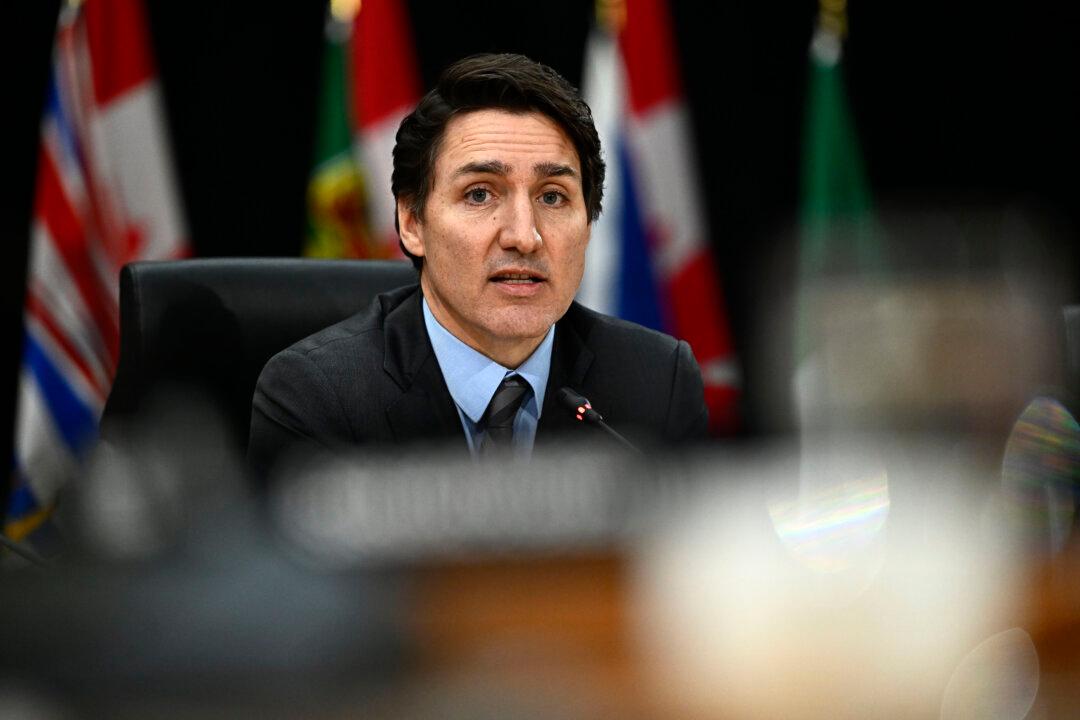A former Bank of Canada governor says the country is most likely headed for a recession, while criticizing the central bank’s messaging on inflation during testimony before a Senate committee on Sept. 22.
Sen. Pamela Wallin, chair of the committee, sought to obtain clarification from Dodge.
“You stepped back from using the word ‘recession’ but let’s ask you about that,” she said.
“Zero growth rates after a period of three percent growth at annual rates that we’ve recently had is not going to feel so good,” answered Dodge. “Putting a number on it, I would say zero over that period is a good guess, but I think ‘guess’ is the operative word.”
During a lecture he gave at the University of Waterloo on Sept. 20, current Bank of Canada (BoC) Deputy Governor Paul Beaudry was asked by a student whether rising rates would lead to a recession. He responded that it was “certainly too early to call.”
Other central bankers have also been cautious about uttering the word “recession,” as admissions and projections have real-world impacts.
The projections from central banks about the current inflationary bout have missed the mark, with some of them saying inflation would be kept under control or would be simply “transitory.”
Sen. Clément Gignac, an ex-chief economist at the National Bank and a member of the committee, criticized central bank officials on their messaging.
“In 2020 the central banks, not only in Canada, mentioned interest rates would remain low for a while,” he said. “As a result in Canada a lot of people bought houses at variable rate mortgages.”
‘Mistakes Made’
The core mission of central banks is to keep inflation in check, but Dodge noted that “in August 2020 they changed their rules and basically said, ‘We’re not going to care about inflation.'”A former deputy finance minister, Dodge said the BoC’s use of the word “transitory” to describe inflation was “unfortunate,” saying economists could understand “but in plain English, it wasn’t very helpful.”
“So I think there were big mistakes made,” he said.
The federal government has often blamed inflation on global circumstances and supply chain woes, and has defended using financial support programs to compensate for lockdown measures imposed by provincial governments.
“We’re up against global headwinds dealing with inflation,” Liberal House Leader Mark Holland said on Sept. 20.
Not every country is experiencing the same levels of inflation, but those that applied similar monetary and financial policies as Canada are in similar circumstances.
Beaudry admitted recently that an earlier pullback by the BoC would have reduced inflation.
“It’s likely a somewhat faster global (stimulus) withdrawal process could have made all countries better off,” he said.
“Bank of Canada comes around to what I said for 2 [years]: overspending & cash creation made today’s inflation worse. Now we pay the price: higher costs & interest rates.”





